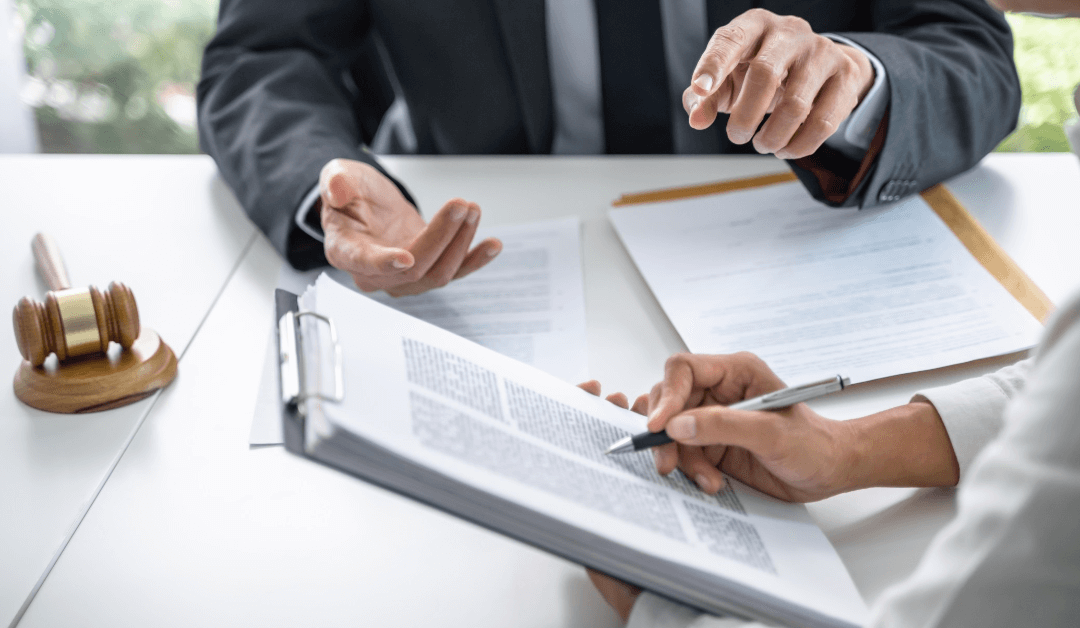If you wish to appeal your case, you need the court report transcripts. These are records of everything everyone in a court hearing or trial said. First, a court report transcription is available if a reporter was present during the proceedings. The good news is that every court proceeding is recorded, and unless the proceeding was sealed, anyone could obtain the transcripts. But not many people know how to get court transcripts.
Although a reporter’s presence may depend on your state and county, many courts allow access to various court files and documents. Generally, if the public can access the legal proceeding, it has equal rights to acquire the records.
Did you know that you can select the legal transcription firm yourself besides the one assigned in court? Using a different firm allows you to gain the transcriptions faster and even cheaper!
Interested parties can also get a DVD audio file and hire a transcription company to provide a verbatim with everything spoken in court.
In most cases for civil appeals, there is a fee to have a transcript prepared and get a copy. The appellant pays for the preparation of the original document as well as sending it to the court while securing a copy themselves. The same applies to the respondent if they also wish for a copy.
Typically, lawyers work closely with court reporters and may order transcripts to further review and strengthen their cases. So, if your attorney has the documentation, getting a copy shouldn’t be a problem. If not, this is how to get court transcripts.
How to get court transcripts
- To get a hold of the transcripts, you will have to contact the courtroom deputy or court reporter as indicated in the minutes of the proceeding. When reporters transcribe a proceeding, they file the transcript in the records. Did you order the transcript? If not, but wish to view or have a copy, contact the courtroom deputy or court reporter. The contact details are in ‘About the Judges’ under the judge’s listing. You will need additional details like the date, time, and case number. Additionally, after ninety days, anyone can view the document without paying.
- Make an order for your DVD with the audio recording. The processes to be followed are based on your state and county.
- Hunt for a legal transcription company: They will transcribe the audio verbatim. These documents are vital for a future court proceeding and adequate preparation.
- Order your transcription once you have confirmed the proper procedures for ordering the audio file and have one in your possession.
Estimated Transcription fees!
In some cases, it depends on who is requesting the documents. Generally, these are the costs:
| Transcript Original cost per page | First copy per page | Additional copy to the same party | |
|---|---|---|---|
| 30-Day | $3.65 | $0.90 | $0.60 |
| 14-Day | $4.25 | $0.90 | $0.60 |
| 7-Day | $4.85 | $0.90 | $0.60 |
| 3-Day | $5.45 | $1.05 | $0.75 |
| Daily | $6.05 | $1.20 | $0.90 |
| Hourly | $7.25 | $1.20 | $0.90 |
Realtime
One feed: $3.05 per page, for 2 to 4 feeds; $2.10 per page, and for 5 or more feeds; $1.50 per page. A feed is electronic data flowing from the court reporter to everyone’s computer receiving the transcription in the courtroom.
Note:
You can order the certified transcript, but you do not require it.
The above article addresses how to get court transcripts and the transcription fees you may have to pay to obtain them regarding days. However, ensure that a court reporter is there in the courtroom, but it’s advisable to get your legal transcription company for convenience.

